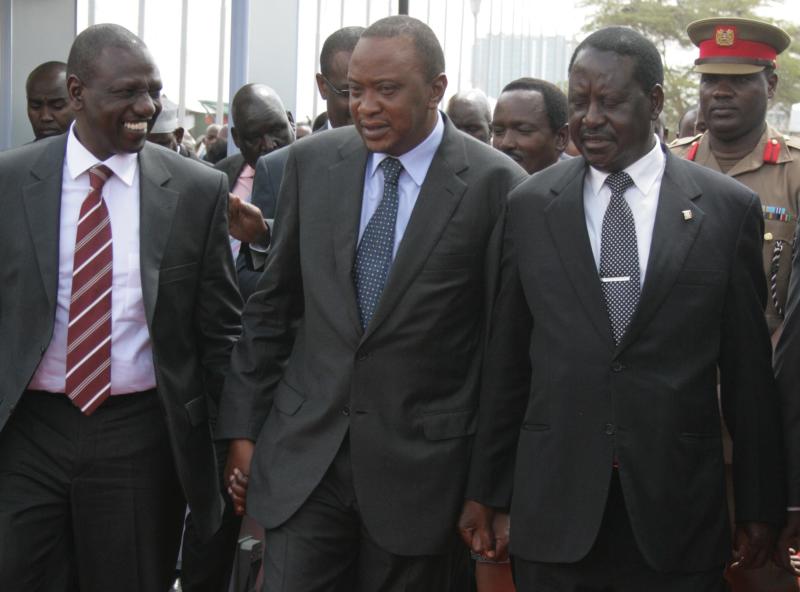×
The Standard e-Paper
Home To Bold Columnists

A major political clash is looming over the timing of the proposed referendum to change the Constitution as some proponents want it held in December this year.
The debate on whether to hold it by December is likely to be a hot potato in coming days and might put President Uhuru Kenyatta and opposition leader Raila Odinga in one camp against Deputy President William Ruto who wants the referendum question as the seventh ballot in the 2022 General Election.